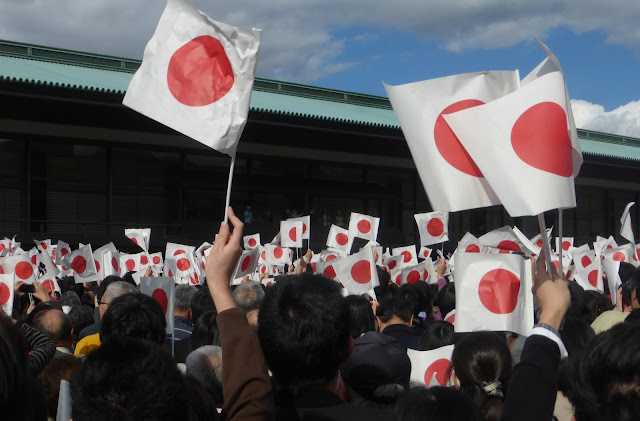Energizing Meditation (when things go wrong!)
I recently came across the idea of Energizing Meditation (EM) in the "National Council for hypnotherapy Journal SUMMER EDITION". The protocol has been proposed by Howard Baron, a retired management consultant, whom I believe still dabbles in workshops and corporate training.
While traditional meditation is about staying mindful and relaxing, Energizing Meditation (EM) aims to converse and boost one's energy. Basically, you are to feel 'energized' after an EM session. Howard has an interest in managing oneself under highly stressful situations, and I can see how he came up with the protocol in order to ensure managers and leadership can function in the best manner when confronted with difficulty (we are talking oil spills and disasters here!). Given Howard's background is in management consultancy, I feel Energizing Meditation (EM) is worth looking into.
The protocol has been deliberately keeping very open and flexible because he rightfully believes that self-hypnosis and meditative practices need to be tinkered for each individual. The main idea is simply to go into a meditative/hypnotic state and do what he calls 'MANAGE THE MIND'. This involves
1-getting rid of unproductive thoughts: Fairly self-explanatory, the idea to let go of the flow of negative and unproductive thoughts that might be coming one way, possibly triggered by a situation.
2-reminiscing cherish memories: to invoke pleasurable feelings and possible reassuring feelings. One common theme in self-hypnosis is to invoke feelings of past success.
3-thinking of future possibilities: in typical self-hypnosis jargon, this would be called forward projection and in my opinion is one of the strongest suggestions to boost performance and accomplish tasks
4-being absorbed in the moment: Attention is the very foundations of hypnosis.
Now let's try to apply this to a scenario where I want you to imagine yourself as the CEO of an oil company that is dealing with an oil spill. You would be managing not only the bad press but internal management reviews, shareholders as well as health and safety of the staff. Let's go through this one by one:
1-Get rid of thoughts that make you question your own competency. In a high-stress situation like this, its the last thing you need. Also, get rid of negative thoughts that you might be having triggered by the environment eg do not feel shame or the burden of the blame of the disaster. taking responsibility is not the same as feeling guilty.
2-Reminiscing cherish memories in general. this can be invoking a past memory of success, in a similar situation. It may even be the advice of a mentor, a spouse, that can energize you. A simple visualization of being with family or in a safe place alone can be invigorating.
3-Future possibilities. See yourself managing the press, managing your staff, being in control. Make it seem like a movie, exaggerate the outcomes, exaggerate your resolve.
4-Being absorbed in the moment. This will be the most important thing to do and can mean going into a room alone for a few minutes and starting with focusing on the breath. The concept of 'mindfulness' however should be applied universally when tackling the problem.
The above four will help us energize ourselves, improve resolve, and handle the highly stressful oil spill. Baron goes on to expand on this much further, however, I want to keep it as it is for now adding top-up meditations and self-talk, etc. Baron asks us to go ahead and experiment and perhaps come up with our own scripts and tweaks to make it better and more effective. He explicitly realizes that the best variation would depend from person to person. As meditation is not just science, but also art.
Umair Usman is a Rapid Transformational Therapy Practitioner, a businessperson, and a blogger. You can know more about him at www.thecognitiveconsultants.com. To book a free consultancy session, please fill the form https://tinyurl.com/y6n2vv8w




Comments
Post a Comment